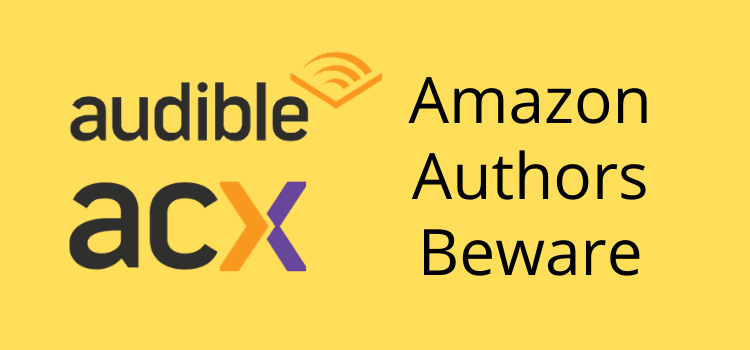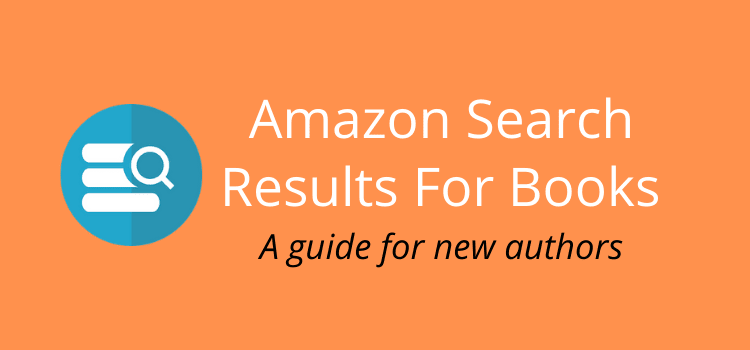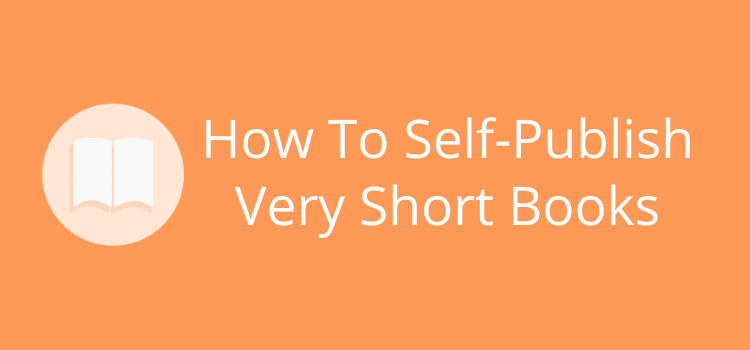
Beware if you are a new Amazon author considering publishing an audiobook with Audible ACX (Audiobook Creation Exchange).
Amazon’s marketing of its audiobooks on Audible has a very big downside for authors and narrators.
As a publisher, you would have to dig deep into the terms and conditions to find it. But buyers know how it works.
Amazon customers can return an audiobook within 365 days and get a new book in exchange.
Yes, you read it right.
In this case, a reader or a listener can buy an audiobook, listen to it for up to a year, then say I want a new book.
Amazon will then allow the reader to select a new audiobook at no cost.
This is not a good deal for authors.
You sell a book in good faith, expecting to be paid. But you don’t expect that a reader can ask for a refund for up to one whole year.
Another nasty part is that authors are mostly unaware because Amazon only reports net sales of Audible ACX books.
In other words, an author or publisher does not see any sales data for refunded books. It only becomes apparent when returns are more than sales.
Amazon is well known for aggressive marketing. But in the case of audiobooks, it is blatantly cheating Amazon authors out of honest income.
It might be a great marketing idea for Amazon, but who pays the price? Not Amazon.
It does not cost Amazon a cent, but it costs authors plenty.
Audiblegate
Luckily for authors, there is a small ray of hope.
Alli (The Alliance of Independent Authors) had taken up the challenge of demanding a better deal for authors from Amazon.
You should read its article about How Audible ACX Betrayed Authors to understand better the issues involved.
However, this short quote will give you a clue as to how big this problem is for Amazon authors.
This deliberate obfuscation is perhaps the most egregious part of Audible/ACX’s abusive policy, and the part of the scheme that may land them in legal trouble — or in more Congressional hearings in the US and other places, as Amazon faces renewed calls for stronger anti-trust regulation around the world.
Because only net sales are reported, an author who sells 50 books may only see 20 sales on their report.
They have no way of knowing that 30 additional sales were zeroed out thanks to Audible’s “generosity” to its customers. To the author, it just looks like a slow month for sales.
Only when the number of returns exceeds the number of sales, leaving the author owing Audible money, does it become obvious that Audible has been drawing from the wallets of its content creators.
One author had over 100 returns debited to their account, obliterating their income for the month.
Others are still being debited for returns on audiobooks that were removed from sale nearly a year ago.
This is a serious issue.
All authors need to be aware of Amazon’s actions now before publishing audiobooks.
If you are an ALLi member, you can find out a lot more about its campaign and receive regular updates.
But the crux of this issue is that Amazon is deceitfully and dishonestly taking money from authors and using it for its own gain.
The audiobook monopoly
The quandary for authors is that there are few alternatives when it comes to selling audiobooks.
Amazon Audible ACX and Apple iTunes monopolize the market.
According to Cory Doctorow, Audible controls 90% of the audiobook market.
“Amazon gets to change its deal with creators when it wants to, but the creators don’t get to change their deal with Amazon. For seven years after they spend thousands to produce their own audiobooks, they are locked to Amazon, regardless of Amazon’s policy changes.”
This is typical of monopolistic practices. Once they lock you into a system, they exert full control.
Loss leaders
In the case of Amazon, it is a ploy that it has used for years and years.
In fact, sacrificing profit for long-term gain and market domination is how Amazon became such a huge business.
It’s not unusual to use a loss leader to gain traction in a new market.
A company will run a part of its business at a loss until such time that it achieves the market share it wants to gain.
But this is probably the first time that I can recall where a company is clearly not losing money on a loss leader by planning and plotting for others to pay for the loss. In this case, innocent authors.
Amazon totally disregards the investment in audiobook production and the work and effort of narrators, authors, and publishers, but then greedily profits from the time, money, and work involved in bringing a book to market.
What can you do?
It is becoming a typical practice of monopolies such as Amazon, Google, and Facebook to continually change their terms and conditions to increase their profit.
But for users, there is no chance to make changes or even ask questions.
If you have ever tried to contact any of these three companies, you will know that it is a futile exercise.
Your first hurdle is to find a contact form.
It is almost an impossible hunt on Google and Facebook. But at least for KDP and Audible ACX publishers, the contact form is easy to find.
Yet, even when you do send a message or question, at best, you might get an autoreply or a copy-and-paste message instructing you to read the terms and conditions.
When you are dealing with corporations that are larger and have more power than many countries, you stand next to no chance.
Summary
There is little that authors and small publishers can do in this situation.
The only hope is that pressure from industry groups and author associations may encourage Amazon to reconsider its unfair and unethical practice.
But even with pressure mounting from the US government and the European Union regarding antitrust business practices, Facebook, Google, and Amazon are not backing down.
Unfortunately, it seems that these companies now have more power than governments.
If you are an author publishing with Amazon, all you can do is accept the good with the bad.
You have very few choices now that Amazon monopolizes so much of not only the audiobook market but also the ebook and book market.
And that is exactly what a monopoly achieves. It slowly takes away your choices.
Update
According to ALLi, Audible has made changes to its refund policy.
Here is a quote from the article:
In an email to Audible customers who had returned a book that hadn’t been bought with an Audible credit, they explained that they would no longer be giving full refunds up to 365 days after people purchase a title. Fabulous. But this would only apply to audiobooks purchased with a credit or debit card. These would no longer be eligible for returns. For anything someone buys with an Audible credit, the rules remain the same.
So it’s somewhat of a win for authors and narrators.
But it’s also clear that the change is designed to encourage Audible customers to use Audible credit so they can take advantage of the 365-day return policy.
Related Reading: Amazon Can Penalize Authors Because Of Ebook Piracy
Share This Article



I had an email from Audible in November saying this refund/royalty clawback is now limited to returns within seven days, which are more likely to be genuine ‘faulty product’ refunds.
That’s good news, Jemima. However, Amazon still has a notice online offering 365-day refunds.
This is, as you say unethical. Customers can not return clothes (or other items) purchased in this manner (unless they are under guarantee and devlop a fault), so why should customers of Audible be able to do so? I have a couple of titles available through Audible and will think carefully before making any others available via them.
I agree, Kevin. I’ve got five audiobooks with good reviews. But now I have to wonder if all the investment was worthwhile. Quite honestly, this audiobook refund issue is a scandal.
i saw a post dealing with this about a month or so ago. I sent a link to my publisher and also posted on my website and on Facebook. I think it’s appalling. We as authors are losing hard-earned money, being stolen from us by Amazon.
Where else can you return a book you’ve read for up to a year (or at all, come to think of it) and get another free of charge? And another and another and another… .
Amazon also has a returns policy on its e-books, too. I was caught out by this. I lost royalties.
Has this company forgotten its origins? It started as an on-line book store. We, the authors, who helped it in the beginning are now being not only forgotten, but ripped off!
It is disheartening, Vivienne. The problem is that Amazon doesn’t produce anything. It simply exploits providers and producers. I imagine it would be different if Amazon made hamburgers. I doubt it would be so keen on refunds then. And yes, in the case of audiobooks, it is a blatant rip-off.
Ridiculous.